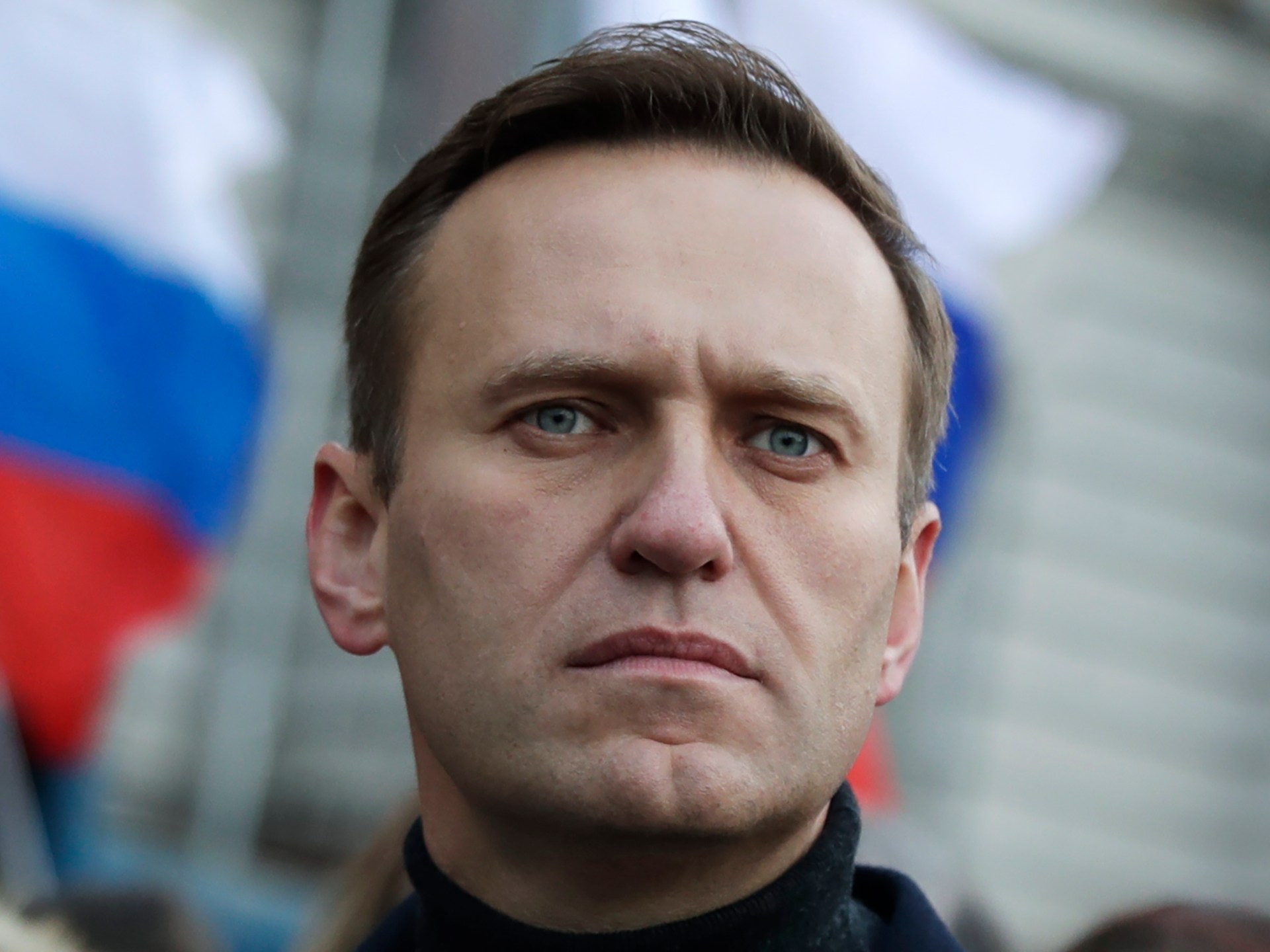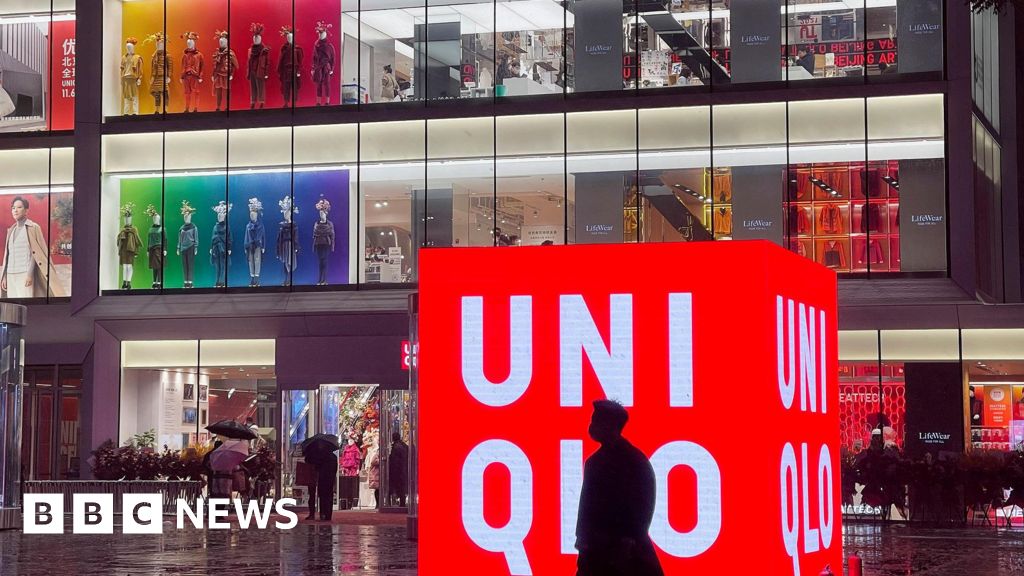The towns in Ukraine which no longer exist — Global Issues
Johannes Fromholt is currently near the frontline in Donetsk Oblast and has been describing the support the UN is providing.
“I am currently in Kurakhove, which is close to the frontline. We see heavy fighting, which has intensified even in the past week. We came here as part of a UN interagency humanitarian convoy, to provide communities with humanitarian assistance.
Of course, there is extensive damage; some towns in this area are 80 to 90 per cent damaged, some even more. So actually, you could say they don’t even exist anymore. Even on the way to Kurakhove a missile strike occurred in a nearby city, which killed three people and injured 12.
It’s important that we continue supporting, as much as possible, the frontline locations with humanitarian assistance. In Kurakhove where I currently am, there are approximately 12,000 people in need. This humanitarian convoy is the first of twelve convoys going to front line locations in the next five days.
In total across the country, there are nearly 18 million people, that’s almost 40 per cent of the Ukraine population in need of humanitarian assistance. And this includes the western parts of Ukraine, to a lesser extent, the center and north, but mainly in the southern and eastern parts of Ukraine, where we also have the frontline at the moment.
© UNICEF/Aleksey Filippov
A woman walks past a destroyed apartment block in western Ukraine.
There are 5.3 million IDPs, internally displaced persons, within Ukraine and we know that around eight million people have also fled to neighboring countries.
Milder winter
Luckily, it’s been a somewhat mild winter compared to Ukrainian standards, but people still need to stay warm. They have been provided with basic humanitarian assistance such as food, hygiene items, winter clothes, solar lamps, as people are really staying down in the bunkers, especially in the areas where there’s shelling on a daily basis.
These bunkers and basements are, of course, cold as there’s no electricity in these frontline locations.
There has been a massive scale-up in needs for generators, water pumps and water systems
in the last two or three months since the Russians started attacking and destroying critical infrastructure, which we have supported.
And there are people with incredible humanitarian needs on the other side of the frontline in Russian-held territory. At the moment, the UN has not been able to access these areas.
As IOM, we are supporting both the war affected communities and the people staying behind. But we also supporting especially the IDPs in regions further away from the frontlines.
So far, we have supported 102 collective centers with various types of relief to improve living conditions inside the centers.
We have provided emergency shelter kits for people staying in damaged apartments or houses. We have also been distributing cash to over 70,000 people who are very close to the frontline locations. This is actually an approach that the government would like other humanitarian actors to use.
Psychosocial support
One other concern is supporting mental health services and psychosocial support, especially for people in the frontline locations, but also people who are on the move following the outbreak of war broke.
People are resilient and try to adapt, but after some time, of course they need support to talk about their emotions and feelings. And this not only includes IDPs, but also veterans and the families coming back from the war.
One year into the war, it’s important that we try to end it as quickly as possible.
Check out our Latest News and Follow us at Facebook
Original Source







